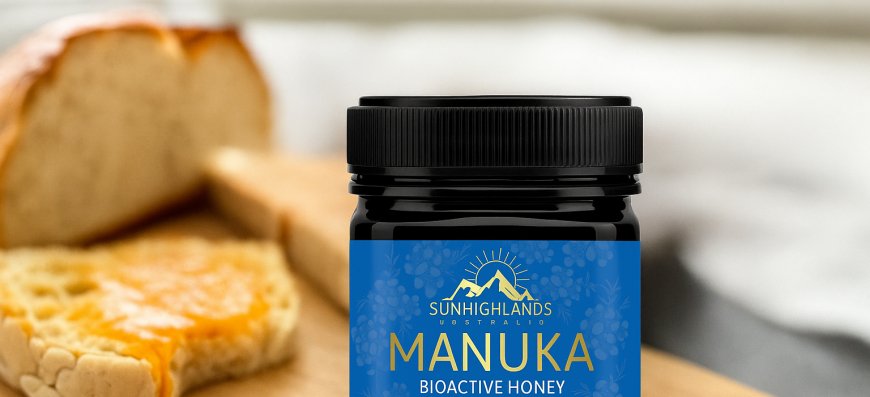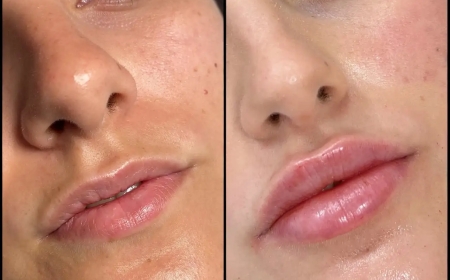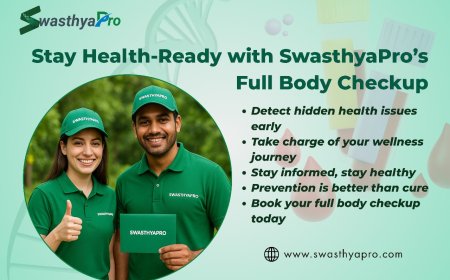Reading Labels with Purpose: How Safe Is Honey for the Gluten-Free Kitchen?
Is honey truly gluten-free? Learn how cross-contamination, flavored blends, and processing facilities can affect purity—and why label reading matters. Discover safe tips for gluten-free shoppers, with real insight from Parramatta’s coeliac community.

If you're cutting out gluten for health reasons, even everyday ingredients like honey deserve a second look. Heres what you should know before adding that next spoonful to your tea or toast.
The Sweet Confusion: When Natural Isnt Always Clear
For many Australians adopting a gluten-free lifestyle, navigating grocery aisles can feel like decoding a mystery. You may assume fresh produce, plain meat, and single-ingredient pantry staples like honey are safe. After all, its just made by beeswhat could possibly go wrong?
Quite a bit, it turns out. The problem isnt necessarily in the honey itself. Its what happens to it after the bees do their work.
Why Gluten-Free Dieters Need to Look Twice
Pure honey, by its nature, doesnt contain any wheat, barley, rye, or related gluten proteins. So technically, honey is gluten free. But technicalities dont always protect consumers with coeliac disease or high gluten sensitivity.
Cross-contamination is where things get sticky.
Some honey on supermarket shelves may be processed, packaged, or flavored in facilities that also handle gluten-containing ingredients. Other productsespecially those labeled "honey blends" or "flavored honeys"may contain added syrups or thickeners derived from gluten grains. And unless you read the label carefully, you might never know.
That uncertainty is what drives some people to avoid honey entirely, or stick only to brands with explicit gluten-free certifications.
A Real Story from Parramatta: When a Sweet Treat Went Sour
Just ask Marcus, a 45-year-old schoolteacher from Parramatta. Diagnosed with coeliac disease five years ago, Marcus had mastered the art of label reading. Or so he thought.
Hed recently switched to a new organic honey he found at a weekend market in nearby Harris Park. It was raw, unfiltered, and locally producedseemed like a safe choice. But within days of using it in his breakfast yogurt, he began experiencing bloating and fatigue.
At first, he suspected gluten traces in a different packaged product. But after an elimination process, the culprit turned out to be the new honey. When he contacted the supplier, they admitted their extraction facility also processed malt-based herbal syrups. That was enough to cause a reaction.
The switch back to a certified gluten-free brand resolved the symptoms within a week.
Understanding How Contamination Happens
Honey is typically considered a low-risk food. But gluten contamination can happen in a few ways:
- Shared equipment: Facilities that process or package other gluten-containing foods alongside honey can unintentionally contaminate it.
- Flavored varieties: Vanilla, cinnamon, or chocolate honeys may contain gluten-based flavorings.
- Additives in blends: Some brands mix honey with other syrups or thickeners for texture, especially in low-cost supermarket blends.
Its not about fearits about informed decisions. Especially when your health depends on it.
So, Is There a Safe Way to Buy Honey Gluten-Free?
Yesand it doesnt have to be complicated.
What to look for:
- Certified gluten-free label: Especially important for people with coeliac disease.
- Pure, single-origin honey: Less processed, and more likely to come from dedicated facilities.
- Local producers you can talk to: Ask about their equipment, processes, and allergen handling.
Brands that pride themselves on purity often share this information freely.
Bonus Insight: What About Freezing Honey?
A surprising question that comes up often is: can honey freeze?
Technically, yesbut it doesnt behave like water or juice. Honey becomes thick and crystalized in low temperatures, but it doesnt fully harden or freeze solid due to its low water content. This makes it safe to store in cooler environments, though youll want to avoid storing it in your freezer long-term. If it thickens too much, simply warming it gently can bring it back to its smooth state.
Why mention this here? Because some gluten-free shoppers freeze bulk-purchased honey to preserve freshness. If you're doing that, rest assured: freezing wont affect its gluten-free status, taste, or safetyas long as the honey was pure to begin with.
This ties back to the same principle: pure honey is naturally gluten-free, but the process and packaging make all the difference.
Final Tips for Gluten-Free Honey Shopping
Keep these reminders on your list:
- Read beyond the front label. The ingredient list and processing info matter.
- Choose brands with transparency. If you cant find allergen details, its worth askingor avoiding.
- Support local beekeepers. Many offer unprocessed honey and are happy to answer your questions.
- If you ever doubt a product, look it up or switch to something clearly marked gluten-free. Your gut will thank you.
Closing Thoughts: A Simple Sweetener That Deserves a Second Look
Honey should be one of the simplest items in your kitchen. But for Australians managing gluten intolerance, its another example of how even the purest foods can become complicated.
That doesnt mean honey needs to be off-limits. It just means we need to approach it with the same care and attention as any other packaged good.
And the good news? Once youve found a reliable source, honey becomes one of the safest, most nourishing, and naturally sweet parts of a gluten-free lifestyle.



































